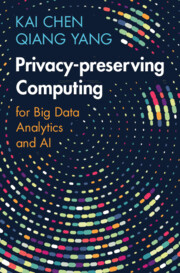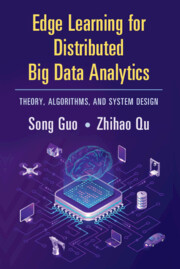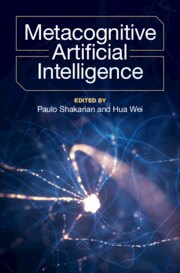Privacy-preserving Computing
Privacy-preserving computing aims to protect the personal information of users while capitalizing on the possibilities unlocked by big data. This practical introduction for students, researchers, and industry practitioners is the first cohesive and systematic presentation of the field's advances over four decades. The book shows how to use privacy-preserving computing in real-world problems in data analytics and AI, and includes applications in statistics, database queries, and machine learning. The book begins by introducing cryptographic techniques such as secret sharing, homomorphic encryption, and oblivious transfer, and then broadens its focus to more widely applicable techniques such as differential privacy, trusted execution environment, and federated learning. The book ends with privacy-preserving computing in practice in areas like finance, online advertising, and healthcare, and finally offers a vision for the future of the field.
- Provides a much-needed systematic overview of privacy-preserving computing techniques
- Explores practical applications of the techniques covered to allow readers to see them in practice
- Contains practical guidance and real-world case studies useful to industry practitioners
Reviews & endorsements
'While we are witnessing revolutionary changes in AI technology empowered by deep learning and large-scale computing, data privacy for trusted machine learning plays an essential role in safe and reliable AI deployment. This book introduces fundamental concepts and advanced techniques for privacy-preserving computation for data mining and machine learning, which serve as a foundation for safe and secure AI development and deployment.' Pin-Yu Chen, IBM Research
'Recommended to all readers interested in privacy-preserving computing.' C. Tappert, CHOICE
Product details
November 2023Adobe eBook Reader
9781009299503
0 pages
This ISBN is for an eBook version which is distributed on our behalf by a third party.
Table of Contents
- 1. Introduction to privacy-preserving computing
- 2. Secret sharing
- 3. Homomorphic encryption
- 4. Oblivious transfer
- 5. Garbled circuit
- 6. Differential privacy
- 7. Trusted execution environment
- 8. Federated learning
- 9. Privacy-preserving computing platforms
- 10. Case studies of privacy-preserving computing
- 11. Future of privacy-preserving computing
- References
- Index.








